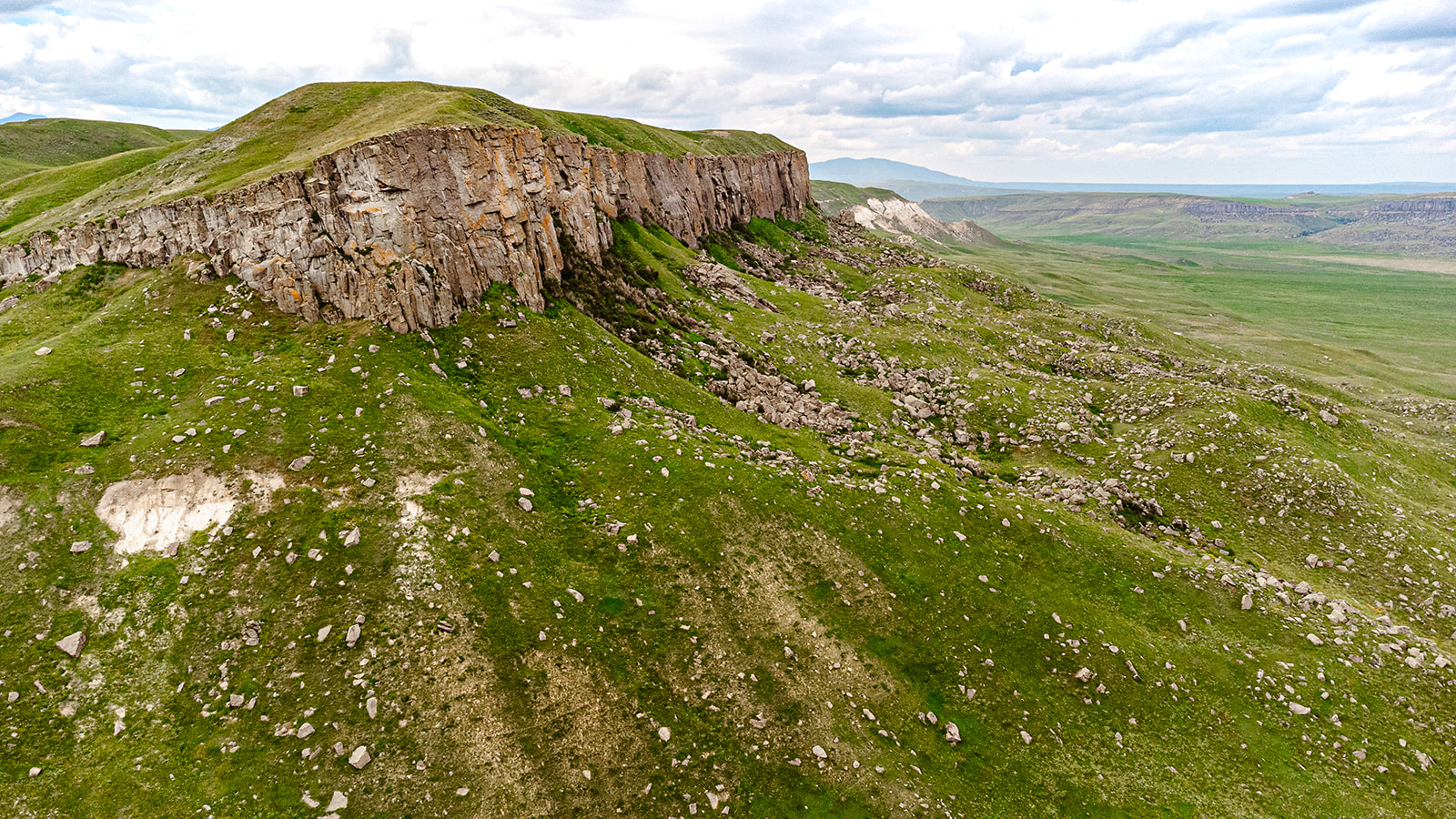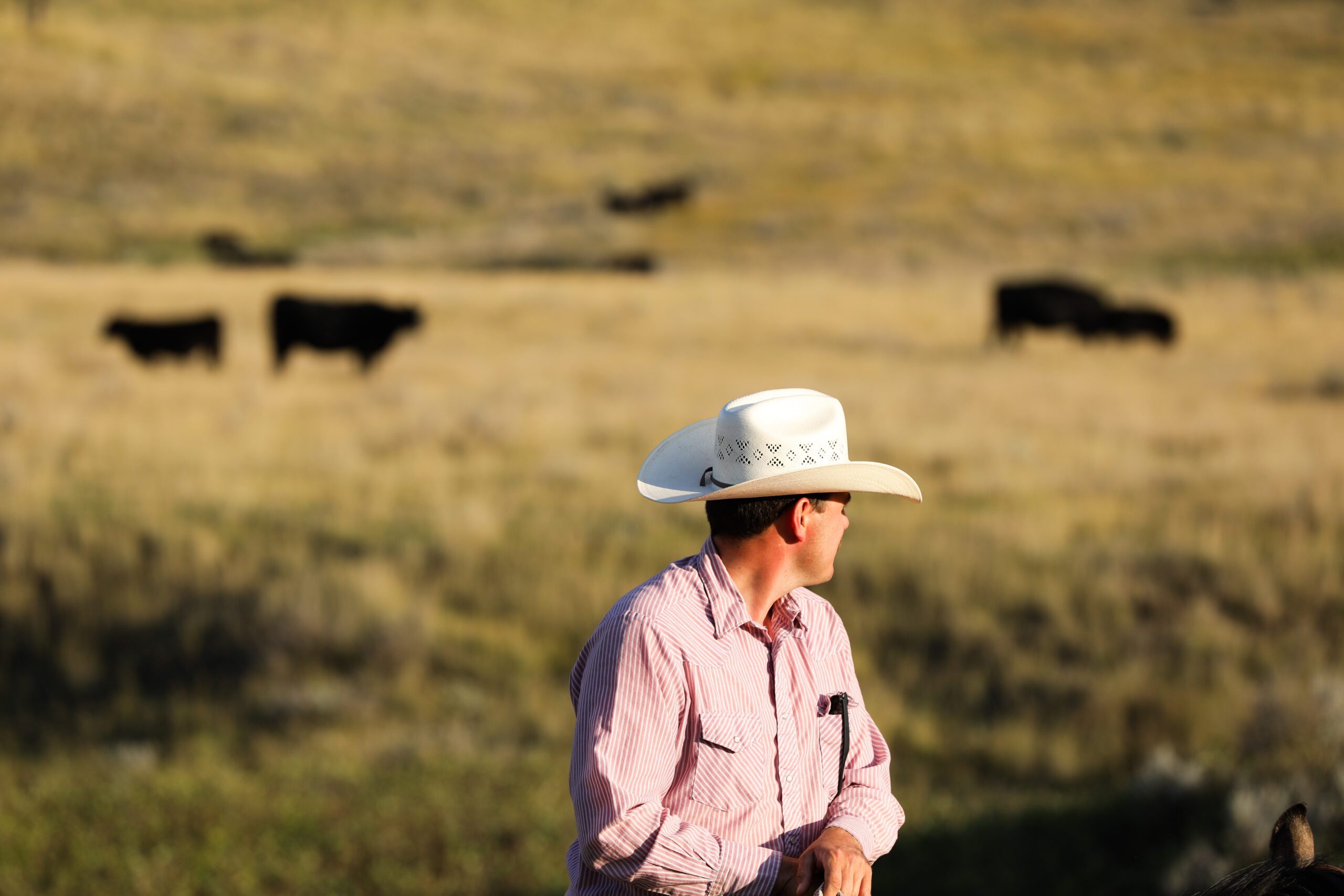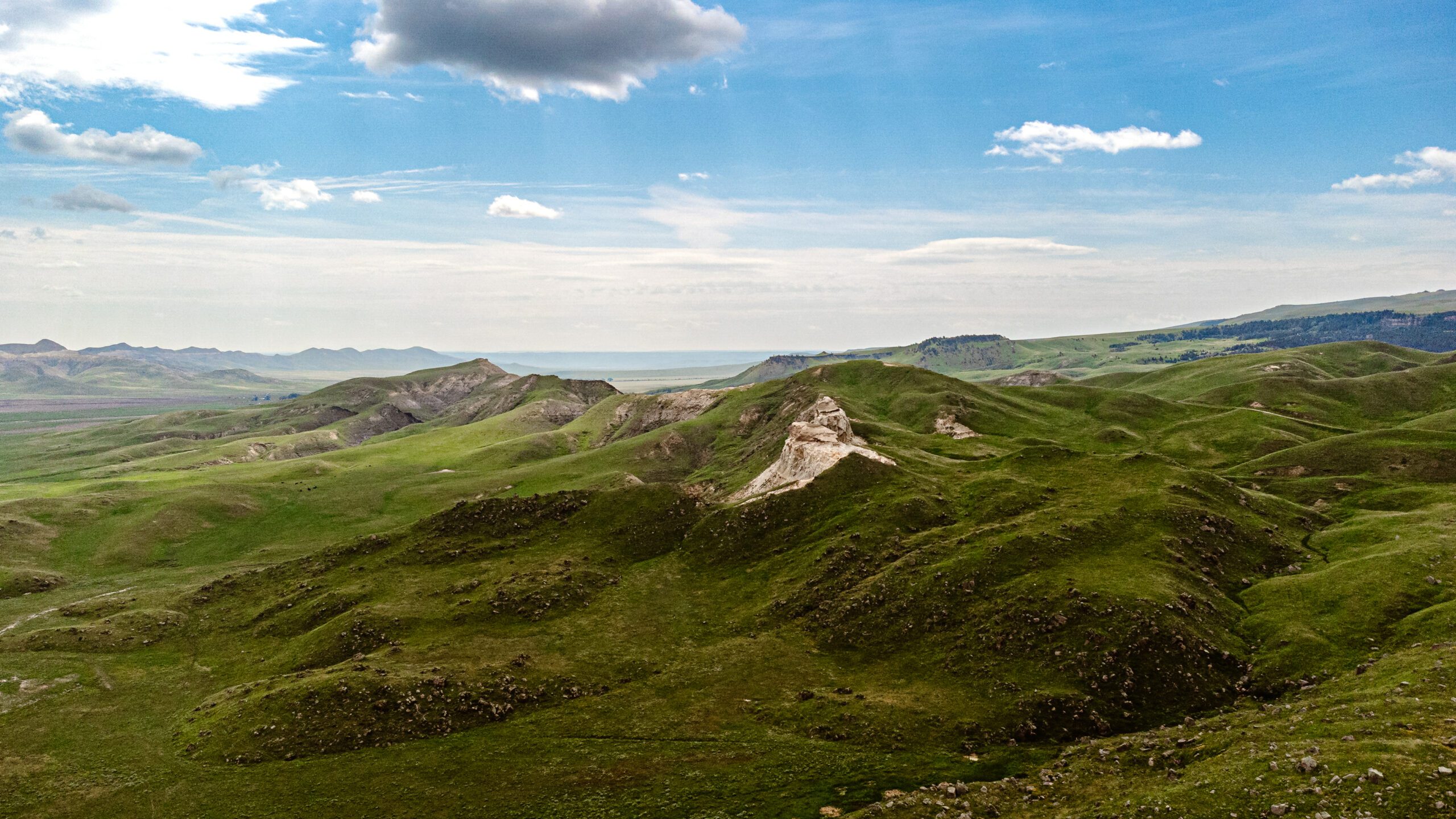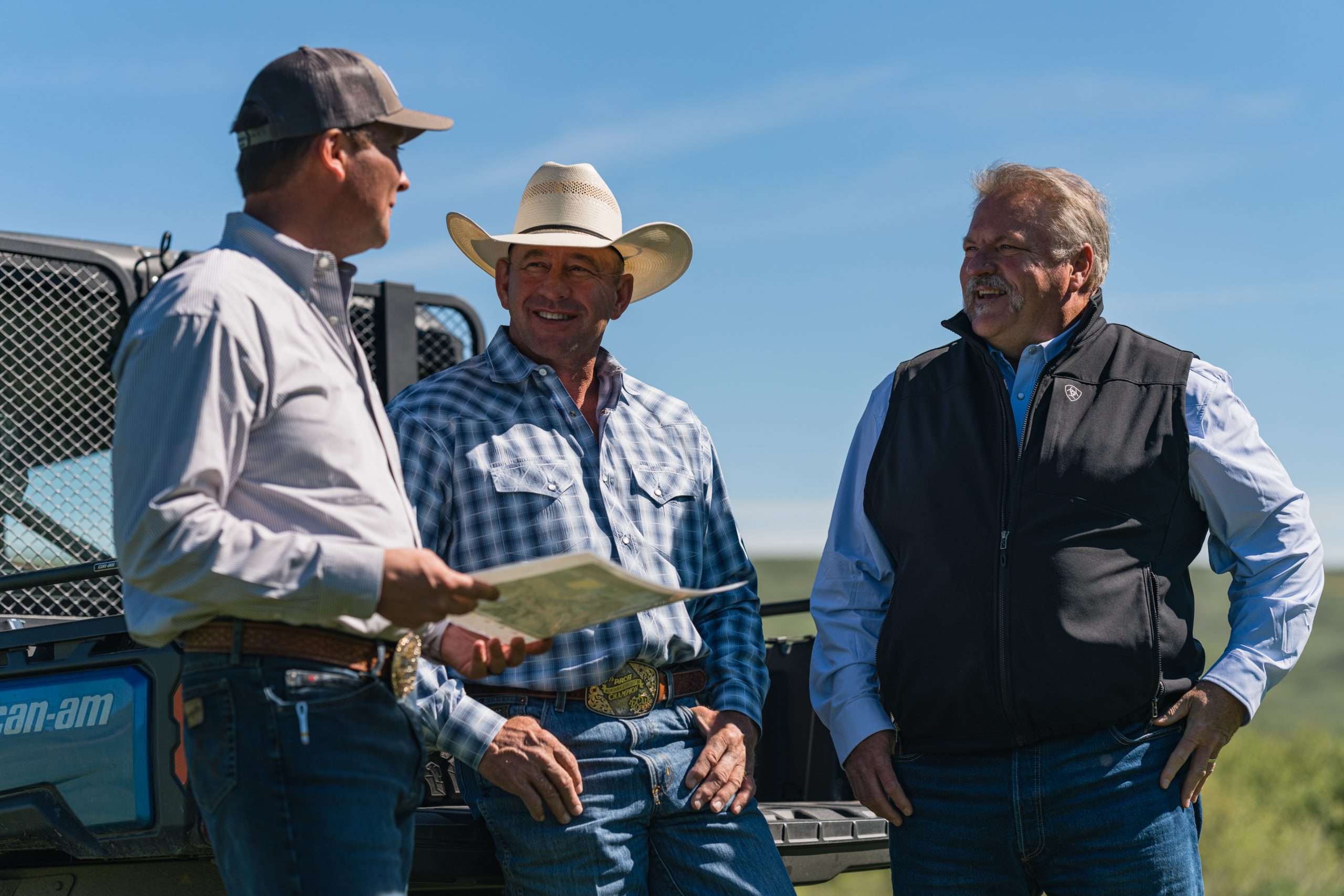Guide to Buying a Ranch
Buy land. They ain’t making any more of the stuff. Will Rogers
Owning a Montana ranch is a dream come true for many. Whether you are a longtime Montana landowner expanding your operation or are fulfilling your lifelong dream of moving to Big Sky Country, all prospective buyers should carefully consider the sometimes complex aspects of buying a ranch and be familiar with the purchase process. Clearly defined goals, thorough due diligence, and a solid understanding of the sales process help ensure a successful outcome, and make for happy Montana ranch owners.

Find the Right Ranch
Most buyers rely on a qualified ranch broker to guide them through the purchase process. While a broker can easily help buyers navigate the sales transaction, when it comes to searching for the right property, brokers need detailed information from the buyer to narrow down their search.
There are very different considerations between the purchase of an agricultural operation versus a weekend fishing retreat. Clearly communicating the location, purpose and must-have amenities of an ideal property is one of the most important steps when buying a ranch. Buyers should be prepared to answer the following questions when they meet with their broker and should also discuss any previous experiences they’ve had in their property search.
What is your ideal location for a Montana ranch?
- Cities or areas of Montana of interest
- Type of climate or terrain
- Access to roads, resources or amenities – e.g., distance to airports or grocery stores, proximity to public land
What type of ranch are you looking for, and what will be its purpose?
- Type of ranch that is of interest – e.g., cattle operation, recreational retreat, farm
- Type of land – e.g., raw land or property with improvements
- Planned use – e.g., recreation, income, investment
- Necessary improvements – e.g., existing homes, barns, suitable building sites
What are your non-negotiables?
- Must-have features or amenities – e.g., river access, mountain views, grazing allotment
- Deal breakers – e.g., distance from airports, available hunting permits, improvements
Review Purchase Details
It’s also important to discuss the purchase details with your broker, such as who the buyer(s) will be, the total budget, and the source of funds. This information is helpful in identifying opportunities that can lead to a successful sale—eliminating properties where the buyer’s needs don’t align with seller demands. Purchase details worth discussing with your broker include:
- Who are the individual(s) or business(es) who will be the legal buyers? E.g., single person, family, corporation
- What is the realistic purchase budget, considering ranch management/maintenance costs, etc.?
- What is your funding source for the purchase? e.g., cash, loan, 1031 exchange, corporate purchase
- When do you plan to purchase a ranch? What’s your expected purchase timeline?
- How long do you plan on owning the property? What’s your exit strategy?
Buyers should also make sure they are well-versed on current market conditions—using market values and inventory levels to set realistic expectations for their budget and timeline at the onset of the process.
EXPERT INSIGHT
The recent increase in demand for Montana land has reduced ranch real estate inventory to an all time low. Searching for your ideal ranch property in this type of market can be frustrating, but being patient and staying firm on your criteria usually results in a successful outcome. Stay the course for the best results.

Research the Property
Once a potential property has been identified, it’s important for the buyer and their broker to do thorough research on the ranch for sale. Ranches often encompass more components than a residential property, and they sometimes involve complex interests such as leases, livestock and natural resources. Depending on the type of ranch in question, buyers should work with their broker to carefully review the following types of attributes:
Physical Attributes
- Acreage classification – e.g., deeded, leased (private and public), irrigated, etc.
- Boundary lines and legal description
- Legal access and road maintenance
- Water and mineral rights
- Description of improvements
- Easements and encumbrances
- Zoning
EXPERT INSIGHT
Be sure that you understand the water rights you are purchasing in regards to usable water. Right of first priority can be complicated—have your broker explain each water right included in the purchase and your ability and options to use the water.
Operational Attributes
- Historic land use (carrying capacity, irrigation practices)
- Current operations/leases – e.g., tenants in place, crops, livestock
- Operation costs and income potential – e.g., agricultural operations, grazing/fishing/hunting lease
- Production potential (can be calculated by the NRCS based on soil type, precipitation, vegetation and forage condition)
- Stock water sources and pipeline layout
- Government leases – e.g., State of Montana, National Forest Service, BLM
- Property restrictions – e.g., easements, encroachments, conservation easements, CRP
- Tax status – e.g., grazing rights implications, CRP
There are also a number of inspections that should be completed prior to the closing:
- Title report (review carefully for exceptions and have a clear understanding of what they mean)
- Verification of legal descriptions, conservation easements, access easements to the property and through the property
- Review a copy of all leases including grazing leases, government leases, and hunting or fishing leases
- Water and mineral right documentation
- Review all livestock and farming agreements
- Inspection of improvements and equipment – e.g., structures and buildings, farm equipment
EXPERT INSIGHT
While the concept of government programs such as BLM or State of Montana leases may be familiar to some buyers, each lease has a unique set of conditions. Buyers should discuss all leases in detail with their broker to gain a comprehensive understanding.
The Sales Transaction
Your ranch real estate professional will guide you through the research and inspections that are appropriate for the property you are purchasing, but it’s good to be informed on all of the facets of buying a ranch. It is also valuable to have a sufficient understanding of a ranch real estate transaction. The sales process may take several months or longer to complete, depending on any issues that arise during due diligence and how quickly the buyer and seller can come to an agreement. All the terms of a purchase contract are negotiable—it’s the broker’s responsibility to balance the interests of the buyer and seller so that they can come to an agreement. Once a purchase agreement is drafted, the sales process proceeds as follows:
- Purchase agreement drafted
- Purchase agreement signed by the buyer, then the seller
- Earnest money deposited
- Funds are held in escrow
- Due diligence period (45-90 days on average, but ranch transactions are often longer) – the buyer’s opportunity to verify what is included in the purchase agreement.
- Title report review – identify any outstanding title encumbrances not acceptable
- Post occupancy agreement (typically drafted while negotiating the terms of the purchase agreement)
- Closing date scheduled
EXPERT INSIGHT
The title report may bring to light easements on the property, sometimes confusing for even the most experienced of buyers. Review each easement with your broker (who should be able to explain them in easy to understand terms) to ensure you comprehend the meaning, and how it relates to your future plans for the property.
One of the most important things a buyer can do when purchasing a Montana ranch is to stay in frequent communication with their broker. As you move through the sales process and new information is presented, your priorities may change. Making sure that you and your broker are on the same page is essential to achieving your goals and successfully completing your purchase of a Montana ranch.
If you’re ready to take the next steps to buying your Montana ranch, or have any questions on the process, contact Western Ranch Brokers. We have over 50 years of combined experience in Montana ranch real estate transactions along with the boots-on-the-ground knowledge and integrity that comes with our Montana roots. Contact us to find out more about the Western Ranch Brokers team and how we can go to work for you.
Contact us to find out more about the Western Ranch Brokers team and how we can go to work for you.






